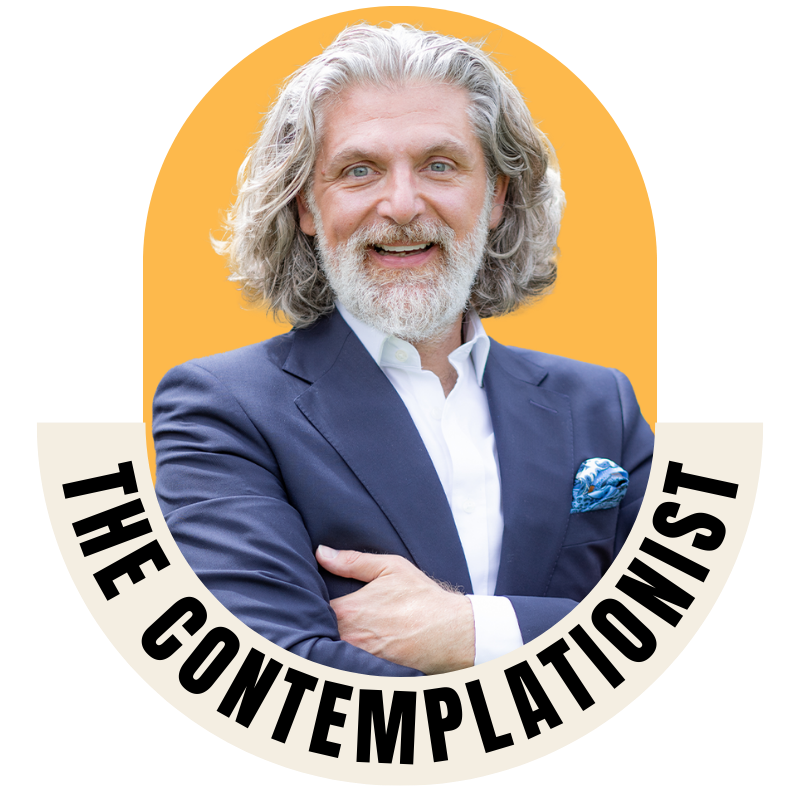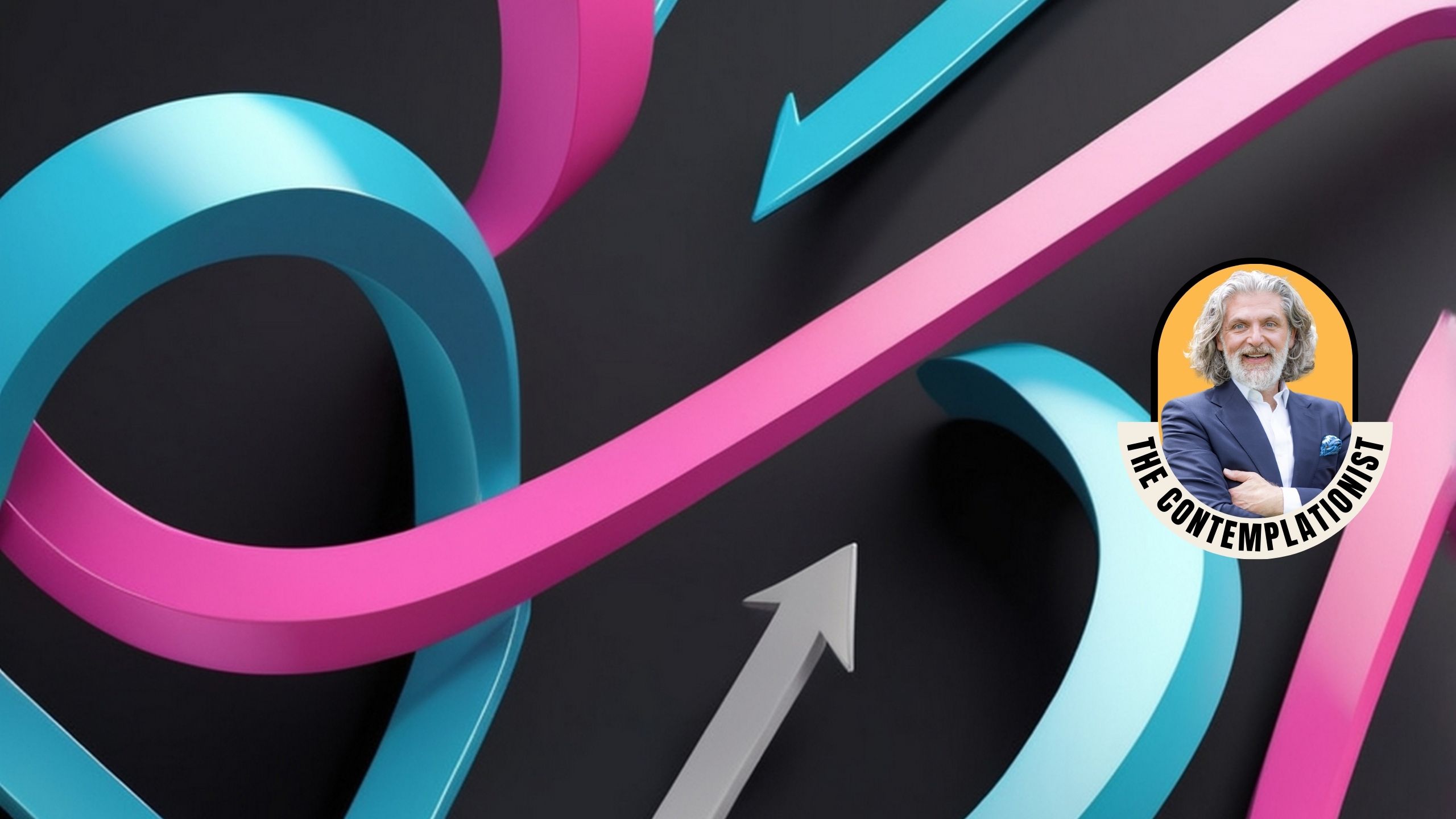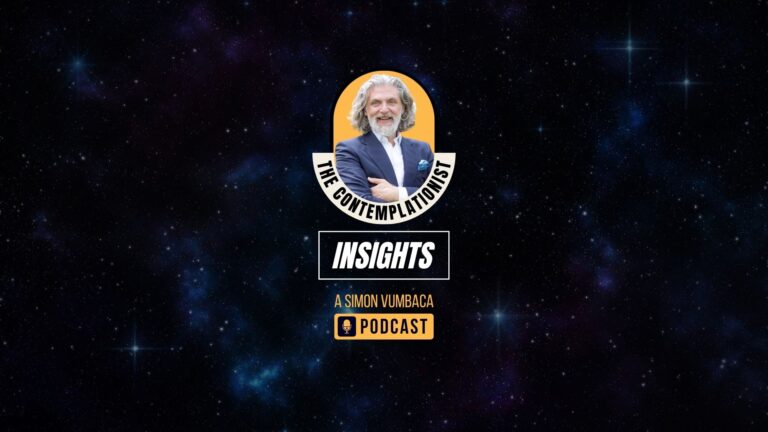Change is good. Change is an opportunity. Desired change is better than unwanted change. Necessary change may be better than unnecessary change. But all change carries consequences.
Businesses are no different. They often focus on change only in the context of growth. Expressions such as “positive change” and “holistic changes” are typically used to suggest progress, usually tied to business outcomes like revenue or headcount discussions. Yet, rarely does a business undergo real change. Companies like Yahoo, Napster, Kodak, Xerox, Blockbuster, Nokia, Blackberry, and IBM—once all giants at the top of their industries—illustrate this. When they resisted genuine change, did not foresee it coming or could not adapt fast enough to it, they planted the seeds of their own decline.
Some companies grow by centring around an innovative core idea that disrupts the status quo, a vision, of sorts. To bring this vision to life, they secure investors’ money and, in return, promise growth, quarter by quarter, year on year. This concept of guaranteed growth is worthy of a separate Contemplation’s analysis on itself. Ironically, many startups that aim to embody change soon become fixed in unchangeable revenue models. That’s a contradiction in terms and purpose.
This phenomenon is not limited to businesses. Public figures are also caught in the paradox of change. Famously, Winston Churchill, while promoting a certain vision for Britain’s future, was in many ways fighting to preserve traditional political structures and free-market economies. Similarly, Donald Trump’s slogan, “Make America Great Again,” implies that the past holds the blueprint for future success. The Brexit campaign, too, sought to restore England’s bygone global dominance. These examples illustrate how public figures can advocate for change while simultaneously resisting it.
There is a paradox: if constant change is the basis of evolution, how could we pretend to keep things the same? As Nietzsche wisely noted, “The snake that cannot shed its skin perishes.” We can force things to work in a certain way for some time, but the natural course of life will inevitably take over. Things will change to what they must be—often bringing unexpected consequences.
From a Contemplationist’s viewpoint, understanding constant change as the key to evolution highlights how resisting change contradicts the natural order of growth.
A purpose driven vision must adapt and evolve to remain valid. That adaptability will determine its longevity, but only for a time. Recognizing and understanding constant change as the driving force behind the evolution makes resisting change not only futile, but counterproductive. Just as evolution thrives on adaptation, so must businesses and individuals if they are to stay relevant and resilient. Trying to maintain the status quo leads to stagnation, frustration, and confusion, limiting opportunities for growth.
True leadership embraces change as a fundamental force for innovation and progress. By recognizing that change is an inherent part of life, leaders can align their strategies with the natural flow of evolution, fostering success that is both purposeful and adaptive to new challenges and opportunities.
We must also consider the factor of time. True, deep change does not happen in an instant under normal circumstances. It requires incremental learning and adaptation. Things take their time. Each is a different one trying to fit them all in the same revenue cycle could be very unnatural.
We may believe in the illusion that we can force things to remain the same, and we may succeed in maintaining a certain order for a time. But ultimately, the natural way of things will prevail, and change will come—often with unexpected consequences. It is just a matter of time. Our perception of time influences how we experience this. If we measure success quarterly, and change occurs outside that timeframe, we may dismiss its importance. If we extend our measurement to a year, however, the same events will yield a significantly different perceived outcome.
In essence, part of Contemplationism is understanding that pretending to keep things the same, without acknowledging the inevitability of change, undermines the ability to future-proof a wider, purpose-driven vision. In not doing so, we miss out on the potential for deeper transformation and long-term growth. Embracing change, on the other hand, allows us to continuously evolve and thrive.
We need to accept that change will happen—whether we welcome it or not. We need to understand and factor that in our vision and purpose.





